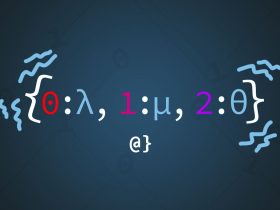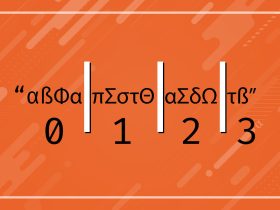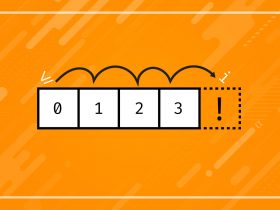Round Trip Time (RTT) is the duration, commonly expressed in milliseconds, a network request takes to travel from the sender to the receiver, then back to the receiver. RTT is used among varying protocols to gauge current network conditions.
Lower RTT times are associated with better connectivity experiences and are often used by commercial services to advertise the quality of their networks. RTT includes factors such as propagation delays, queuing delays, and other common types of network delays.
Additionally, RTT consists of all aspects of the network layer protocol traversal by transmitted packets, in that it describes the entire transmission time. In transport layer protocols like TCP, RTT is often used to describe initial connection negotiation sequences such as the TCP 3-Way Handshake. Measured changes in RTT can be used to adjust transmission procedures in response to network congestion.






















